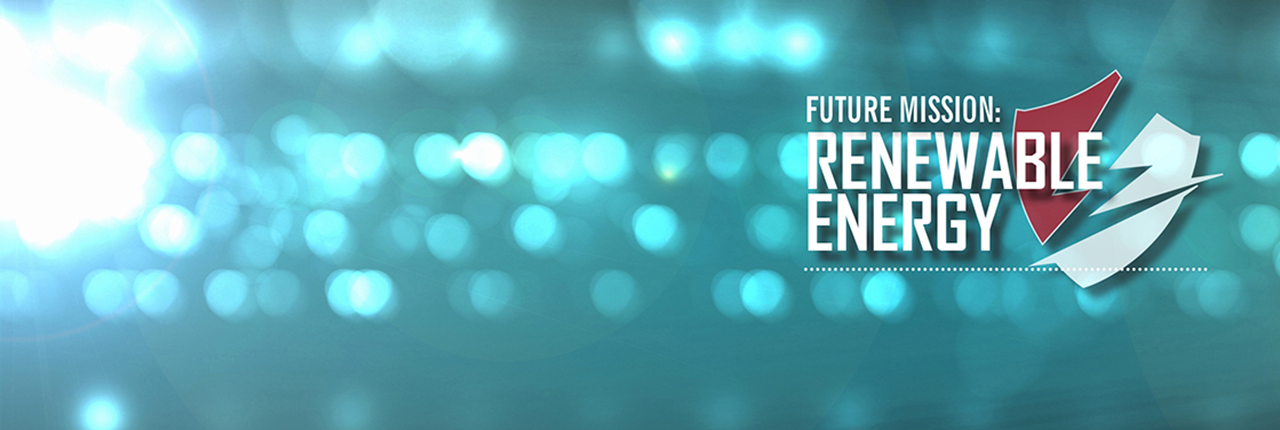
Renewable & Alternative Energy
Long term uncertainty in oil producing regions of the world and global warming have placed increasing pressure on the military to look for a new generation of energy sources that are renewable, accessible, safer to transport and store, and better for the environment.
For decades Washington State has been a powerhouse of energy innovation. Seventy-three percent of the state’s power comes from its network of hydroelectric plants and Washington companies have blazed new trails in the areas of solar, wind and wave energy as well as biofuels and power storage systems.
This emphasis on clean technologies is a perfect fit for the Department of Defense (DoD), which has made it a priority to “increase energy and water security, including investments in energy efficiency, new technologies and renewable energy sources” to increase the resiliency and effectiveness of the nation’s military installations and armed forces.
Building an energy efficient future
Many of Washington’s military bases are already providing leadership in this regard. Naval Base Kitsap, for instance, has built energy efficiency into its new buildings, working towards a 33% reduction in energy use when completed. Naval Station Everett was also built with energy efficiency in mind and has played an important role in the Navy’s “Great Green Fleet,” which is using alternative biofuels aboard its ships and carrier-based aircraft.
Washington’s military installations are supported by a large and rapidly growing clean tech sector. The Washington Clean Tech Alliance is the largest state trade association of its kind in the nation. Private enterprise is heavily engaged in new energy technologies and sources as well, including Planetary Power, Calico Energy, Distributed Energy Management and Energy Conversions, Inc. They are joined by research and development initiatives at leading research institutions such as Washington State University and the Pacific Northwest National Laboratory. These researchers are working on a variety of clean technologies with military uses, including biofuels for jet aircraft and energy storage systems.
Why Washington?
Washington State can fill an important role in the military’s use of alternative, renewable and clean energy sources, whether they are used to heat or light bases worldwide or fuel aircraft, ships and vehicles as they carry out their global missions. The state has already demonstrated its commitment to alternative and renewable energy, and is ahead of the curve compared to other states as well as the federal government. Washington provides businesses with an excellent opportunity to create and deliver innovative energy generation, management and storage tools and technologies that will help the military reduce its carbon footprint while reducing its dependency on traditional fossil fuel sources.
